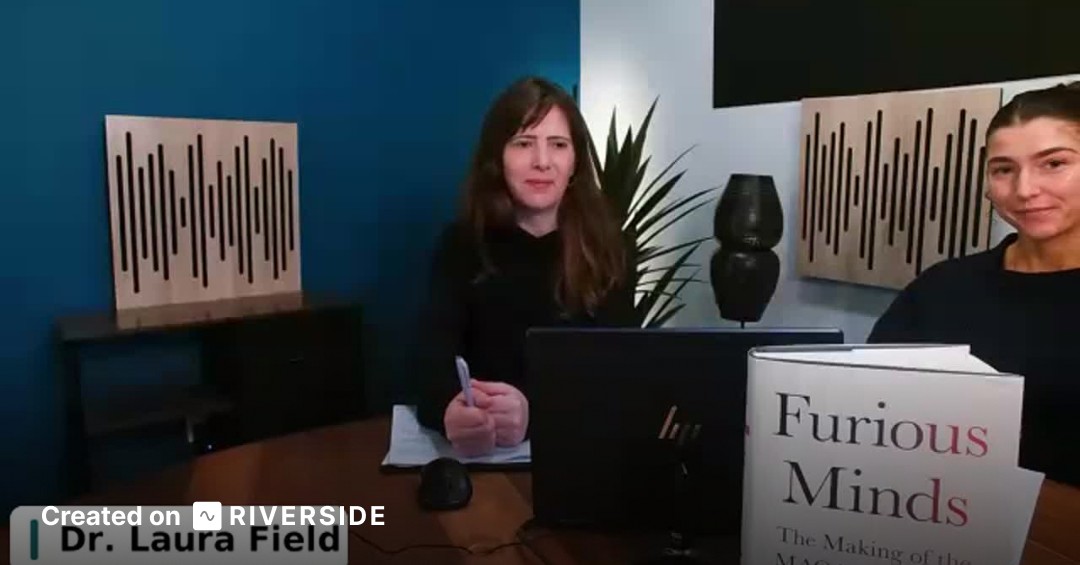The Week That Was: All of Lawfare in One Post
Jane Chong and Benjamin Wittes argued that the time has come for Congress to open a formal impeachment inquiry into President Trump. In a follow-up post, Chong addressed some of the common misconceptions about impeachment.
Matthew Kahn examined the latest change in President Trump’s tweets about James Comey and the Hillary Clinton email investigation.
Wittes posted a special edition of the Lawfare Podcast on the latest developments in the Special Counsel investigation into the Trump administration:
Bob Bauer responded to President Trump’s pardon of former Sheriff Joe Arpaio, arguing that the pardon undermines the criminal justice system and reveals Trump’s lack of respect for the rule of law. Josh Blackman analyzed the pardon’s collateral effects on the separation of powers.
Russell Spivak examined the implementation of President Trump’s memo on banning transgender personnel from military service.
Matthew Kahn posted the Lawfare Podcast, featuring Benjamin Wittes’ and Susan Hennessey’s answers to listener questions:
Ryan Scoville assessed the constitutionality of the Senate’s Foreign Relations Committee’s attempt to require Senate confirmation of all State Department special envoys.
Hennessey and Wittes shared their column at Foreign Policy, which considered how the growing trend of administration officials publicly contradicting Trump will affect the executive branch. Ned Price argued that this tend is breaking down the bright line between the military and civilian politics.
Wittes posted this week’s episode of Rational Security:
Spivak summarized last week’s developments in military commissions, including motions about inclusion of evidence in the trials of the 9/11 conspirators. Shane Reeves and Mark Visger analyzed the implementation of the Military Justice Act of 2016’s ongoing reforms to the court martial system.
Bobby Chesney and Steve Vladeck shared this week’s episode of the National Security Law Podcast:
Jeffrey Smith urged that the FBI and Justice Department not take leak investigations and prosecutions to an extreme, warning that such a move could make the “Deep State” into a “Dark State.”
Hennessey flagged the nomination of Adam Klein to the Privacy and Civil Liberties Oversight Board.
In the wake of the Trump administration’s military recommitment to Afghanistan, John Sipher analyzed the key questions confronting policymakers as they consider what would define victory. Daniel Byman made the case for and against continued U.S. involvement in Afghanistan.
J. Dana Stuster posted the Middle East Ticker, covering the Saudi Arabia-Qatar dispute, the state of the administration's Israel/Palestine peace process, and a possible Kurdish independence referendum. Steven Heydemann presented four guidelines for responsible external actors to participate in recovery and reconstruction efforts in Syria.
In the Foreign Policy Essay, Stephen Tankel and Melissa Dalton outlined alternative approaches to improve the return on investment for security assistance.
Jack Goldsmith highlighted Richard Danzig’s upcoming Lawfare Working Paper on “The Technology Tsunami and the Liberal World Order.”
In this week’s Water Wars, Eliot Kim discussed FONOPS operations in the South China Sea and U.S. naval collisions in the South Pacific.
Herb Lin argued that unilaterally ceasing U.S.-South Korea joint training exercises could incentivize North Korea to stop its nuclear or missile tests.
Julian Ku outlined the Chinese government’s potential views on international law and cyber warfare. In the latest Aegis Paper Series, Ku also posited that even if China agrees to apply international law to cyber warfare, it may not actually benefit the U.S.
Lucas Kello reviewed Ben Buchanan’s book, The Cybersecurity Dilemma: Hacking, Trust, and Fear Between Nations.
In reaction to the nullification of Kenya’s election result because of irregularities with electronic voting, Emmah Wabuke offered steps to improve Kenya’s cybersecurity.
And that was the week that was.




